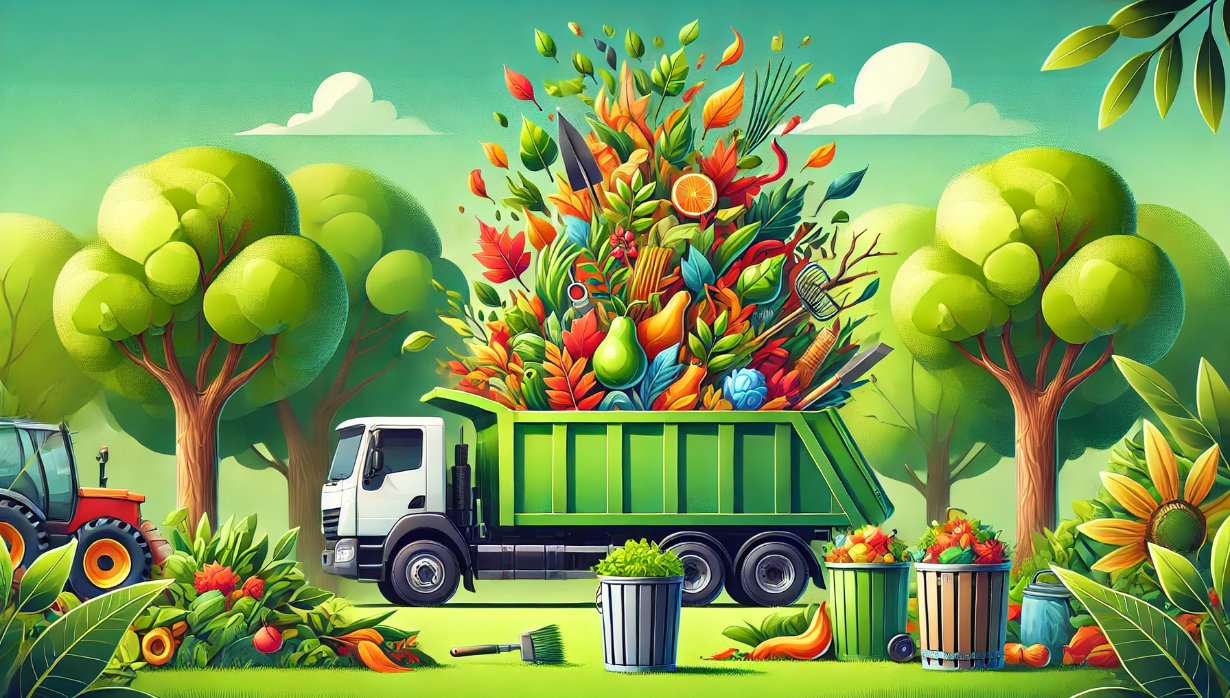
Comprehensive Guide to Yard Waste Removal: Best Practices and Solutions
Yard waste removal is an essential aspect of maintaining a clean and attractive outdoor space. Whether it's leaves, branches, or grass clippings, managing yard waste can often feel overwhelming. However, with the right strategies and tools, you can easily keep your yard free of debris and contribute to a healthier environment. We'll explore the most effective methods for yard waste removal, discuss why it's important, and offer practical tips to help you maintain a clean and beautiful yard year-round.
What is Yard Waste?
Yard waste refers to any organic material generated during the maintenance of gardens, lawns, and outdoor spaces. This includes:
- Leaves: Fallen leaves are one of the most common types of yard waste, especially during the fall season.
- Grass Clippings: These are produced after mowing the lawn and can accumulate quickly.
- Branches and Twigs: Pruning trees and shrubs generates branches and twigs that need to be disposed of.
- Weeds and Dead Plants: As you maintain your garden, weeds and dead plants are regularly removed, adding to the pile of yard waste.
Yard waste is biodegradable, meaning it can decompose naturally. However, improper disposal can lead to environmental issues, making it essential to manage this waste correctly.
Why Proper Yard Waste Removal Matters
Proper yard waste removal is not just about keeping your yard looking good; it has broader environmental and health implications:
- Preventing Pests and Diseases: Accumulated yard waste can harbor pests and diseases, potentially spreading to healthy plants.
- Reducing Fire Hazards: Dry leaves and branches can become fire hazards, especially in hot, dry climates.
- Promoting Environmental Sustainability: Composting yard waste helps return nutrients to the soil, reducing the need for chemical fertilizers.
Best Practices for Yard Waste Removal
Efficient yard waste removal requires a combination of proper tools, techniques, and disposal methods. Here are some best practices to help you manage yard waste effectively:
1. Composting
Composting is one of the best ways to recycle yard waste. By composting, you turn organic waste into nutrient-rich soil, which can be used to enhance your garden's health. Here's how to start:
- Choose a Location: Select a spot in your yard that is out of direct sunlight and has good drainage.
- Gather Materials: Collect green materials like grass clippings and vegetable scraps, and brown materials like leaves and twigs.
- Layering: Create layers of green and brown materials, and turn the pile regularly to promote decomposition.
- Maintenance: Keep the compost pile moist and aerated to speed up the decomposition process.
2. Mulching
Mulching is another excellent method for yard waste management. It involves using organic materials like leaves and grass clippings to cover the soil, providing numerous benefits:
- Weed Suppression: Mulch acts as a barrier, preventing weeds from growing.
- Moisture Retention: Mulch helps the soil retain moisture, reducing the need for frequent watering.
- Soil Enrichment: As the mulch decomposes, it enriches the soil with nutrients.
3. Curbside Collection
Many municipalities offer curbside collection services for yard waste. Here's what you need to know:
- Check Local Regulations: Each area has its rules regarding yard waste collection. Ensure you follow them to avoid fines.
- Use Proper Containers: Yard waste should be placed in biodegradable bags or specific containers provided by the waste management service.
- Schedule Pickups: Keep track of collection days to ensure your yard waste is picked up on time.
4. Yard Waste Removal Services
For those who prefer not to handle yard waste themselves, professional removal services are available. These services offer several advantages:
- Convenience: They handle the entire process, from collection to disposal.
- Proper Disposal: Professional services ensure that yard waste is disposed of in an environmentally friendly manner.
- Time-Saving: Free up your time for other activities while professionals take care of your yard waste.
Yard Waste Removal Methods Comparison
| Method | Benefits | Drawbacks |
|---|---|---|
| Composting | Enriches soil, reduces waste | Requires space and maintenance |
| Mulching | Suppresses weeds, retains moisture | Can attract pests if not done properly |
| Curbside Collection | Convenient, easy disposal | Dependent on local services and schedules |
| Professional Service | Time-saving, proper disposal | Cost |
FAQs About Yard Waste Removal
Q1: Can I burn my yard waste?
While burning yard waste is allowed in some areas, it’s generally not recommended due to environmental concerns. Burning can release harmful pollutants into the air and pose a fire hazard. Always check local regulations before considering this option.
Q2: How can I reduce the amount of yard waste I produce?
Regular maintenance, such as frequent mowing and trimming, can reduce the amount of yard waste generated. Additionally, consider using a mulching lawnmower that cuts grass clippings into fine pieces, which can be left on the lawn to decompose naturally.
Q3: Is there a difference between yard waste and green waste?
Yard waste and green waste are often used interchangeably, but they can have slightly different meanings. Yard waste generally includes organic material from your yard, while green waste can include food scraps and other organic materials.
Q4: Can yard waste be recycled?
Yes, yard waste can be recycled through composting or by using it as mulch. Some municipalities also recycle yard waste collected through curbside programs by turning it into compost or mulch.
Q5: What should I do with large branches or logs?
Large branches or logs can be chipped and used as mulch or firewood. Alternatively, you can contact a professional removal service to dispose of them properly.
Yard Waste Removal Tips and Reminders
- Use the Right Tools: Invest in quality tools like rakes, leaf blowers, and pruners to make yard waste removal easier.
- Stay on Top of Maintenance: Regularly maintaining your yard reduces the buildup of waste and makes cleanup more manageable.
- Recycle When Possible: Reuse leaves and grass clippings as compost or mulch instead of throwing them away.
- Hire Professionals for Large Jobs: For significant amounts of yard waste or large items like tree branches, consider hiring a professional service.
Managing yard waste doesn't have to be a daunting task. By following the practices outlined in this guide, you can keep your yard looking clean and beautiful while also contributing to a healthier environment. Whether you choose to compost, mulch, or use a professional service, proper yard waste removal is crucial for maintaining an attractive and sustainable outdoor space. Want more tips on keeping your yard clean and green? Subscribe to our newsletter for the latest advice on yard maintenance and waste removal.
EMAIL US
Get A Free Estimate
Sign up to our newsletter
We will get back to you as soon as possible
Please try again later
Cities we service
Cape Coral
Bonita Springs
North Fort Myers
Lehigh Acres
Captiva
St James city
Bokeelia
Estero
Services
Hours
Monday : 8am - 6pm
Tuesday : 8am - 6pm
Wednesday : 8am - 6pm
Thursday : 8am - 6pm
Friday : 8am - 6pm
Saturday : 8am - 6pm
Sunday : 8am - 6pm
All Rights Reserved | Pure Disposal


